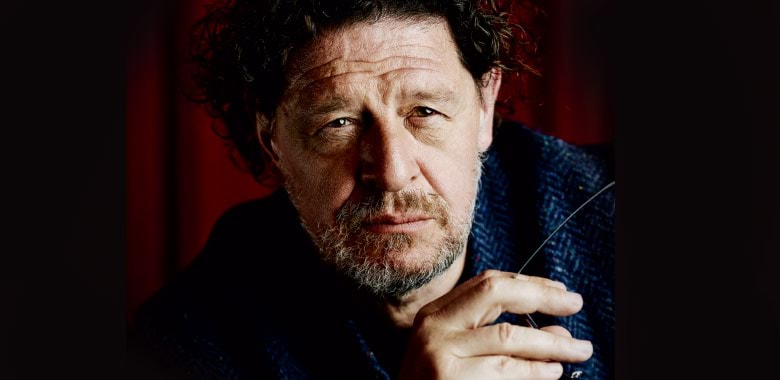
Food
Marco Pierre White - Master, Mentor, Myth
The name Marco Pierre White conjours connotations of kitchen confrontations, wild hair and bandanas. But at his heart he's just a man obssessed with food, albeit perfectly prepared food.
The reputation of Marco Pierre White is as towering and physically imposing as the man himself. You’ve probably heard all the stories before – youngest chef to win three Michelin stars, made Gordon Ramsay cry, handed back his stars, retired from the kitchen only to come back to become a phenomenally successful restaurateur, brand ambassador and TV host.
Over his star-studded career, he’s been described as self-possessed, ill-tempered, irritable and volatile. But in the same breath, he’s known to be incredibly loyal to friends, encouraging of colleagues, vehemently protective of his family, and intensely passionate, especially, almost exclusively, about food and cooking. He admits he knows little about anything else with the exception of hunting and fishing. He doesn’t get involved in politics, seldom discusses art, music or sport and he can’t even drive. But get him in a kitchen and he’s in his element – in fact, he’s a maestro.

Mentor, Myth
When we catch up backstage just an hour before the opening of ‘An Italian Feast with Marco Pierre White’ at Seppeltsfield Barrel Hall as part of Tasting Australia, Marco is all guns blazing. He’s come straight from the kitchen where he’s devised and prepared a wild mushroom risotto dish for 150 guests, and he is excited – borderline manic, but at the same time effusive and gregarious. He’s been working alongside Tasting Australia’s culinary coordinator Jock Zonfrillo, a Marco protégé – one of many who have come through his kitchen and on to greater things. Ramsay is another, so is Heston Blumenthal, and Curtis Stone. The list goes on.
With such a proven pedigree of nurturing prodigious talent, one would think Macro knows all there is to know about leading a kitchen. But when he fronted his first restaurant, Harveys, in the (then) unfashionable London suburb of Wandsworth as a brash 24-year-old, in 1987, he knew anything but.
“When I opened Harveys, the truth was, I had no leadership skills,” admits Marco candidly. “I went from being a cook in great kitchens to being a chef patron. The only way I’ve known how to lead is from the front, by setting an example, by working hard, by getting dirty.”
Marco’s no compromise, ‘do as I do’ style produced results. By year’s end, Harveys was named Restaurant of the Year by The Times and was awarded a Michelin star. Within two years, it had two. Marco became a celebrity – the first ever celebrity chef, a title that’s commonplace today, but was totally novel in the late 1980s.
Maestro, master
That is not to say the chefs Marco learned from weren’t deserving of celebrity status. Back then, it wasn’t a thing. But as far as mentors go, Marco had some of the best.
“I was privileged to work with the great Albert and Michel Roux, Nico Ladenis, Pierre Koffmann, Raymond Blanc and a man who not many people would know of, Michael Lawson, who was head chef at the Box Tree, which had two Michelin stars in the late 70s,” says Marco.
“When you spend time with all those people you can’t help but take a little bit from them. Michael was very gentle and took me under his wing. Albert had kitchen presence like nobody else. Pierre didn’t have the ability to express his knowledge – you had to watch him and learn with your eyes. Nico was interesting because he was self-taught but he was very precise and questioned everything.”
Try Marco Pierre White's lemon tart recipe
Great leaders
With the accumulated knowledge of great mentors and the learnings of experience, Marco is now well placed to know the importance of leadership.
“A great leader brings the best out of people, and a great leader pulls a team together,” he says. “That’s the thing about leadership: people talk about me winning three stars. The truth is, I never won them. It was the boys and girls behind me who won them. I was just one link within the chain. What they did for me was make my dream come true. In return, I gave them their dream. That’s what cooking is all about – it is about sharing.”
While cooking and eating maybe about sharing, Marco is fiercely adamant about two keys to the success of his kitchens: emotion and consistency.
“For me, you can’t be emotionally attached. Emotions are for the bedroom – not for the kitchen,’ he says. “In a kitchen you have to be disciplined, you have to stay focused, and by being disciplined and staying focused you create consistency. That’s what (Michelin) stars are about, consistency. If you’re involved emotionally with your team, they will take advantage. You have to stay detached to the point of almost being sociopathic.”
That is not to say that Marco thinks his style should be adopted by every chef. During his time in South Australia he ate at Africola restaurant, led by uber talented chef Duncan Welgemoed. Marco loved everything he saw.
“I sat on the counter and I just watched the show,” recalls Marco. “Duncan is one of the cleverest chefs I’ve met. He knows exactly what he wants to do and he goes about it. He leads from the front, but he is also very kind – he is a different monster to me. He invests emotionally in his staff. I am there to do a job. When they leave, then I can be their friend.
“For me, it’s lead from the front. Lead by example. If you get dirty, make sure you’re twice as dirty as everybody else. If you sweat, much sure you sweat twice as much as everybody else. If you can do that, then people who have limited ability will jump through hoops of fire for you.”
So does that mean he thinks a great leader can bring out the best in chefs that aren’t so talented? With Marco hosting the Australian version of Hell’s Kitchen on Channel 7, we find out.
“There you have it, 10 celebs. Different talents, different abilities. But as soon as you put them into chef’s whites and take them into the kitchen, they are no longer celebs, they are cooks,” levels Marco.
“In the kitchen, I am the pied piper and they have one of two options: they can either follow me or I’ll leave them behind. I am there to do a job and that job is to feed all those diners to the best of the contestants’ ability within a time frame.
“But more than that, if people watch the show and choose to enter our industry or are inspired to cook better food for their kids, then I’ve done my job. That is why I do TV – it is the modern day church.
I get to speak to lots of people about what I love. That’s my job – not being a TV star.”
Bringing the heat
One the things that’s propelled Marco into the domain of mythical proportions is the classic, White Heat. More than a cookbook, its ‘fly on the wall’ photography took readers behind the closed doors of a kitchen and revealed the harsh realities of working in a Michelin-starred restaurant.
In the middle of it all was Marco. Tall, lean and driven. Wild hair. Stars in his eyes. Obsessed with creating perfection. A young punk, rock n roll chef. The book turned him into a role model, and a sex symbol. Guys wanted to be him, girls wanted to bed him. Many chefs of today admit it was White Heat that drove them into a world of cooking.
“I think back to the days of White Heat and of my dear friend Bob Carlos Clarke, who unfortunately is no longer with us, but was a wonderful photographer. We had the idea of black and white photography showing off the sweat and dirt and physical pain of working in a kitchen,” recalls Marco.
“From that, White Heat became an iconic book, but it was all by default.
I didn’t have time to do a cookery book, that is why there are only 35 recipes in the book – I was always working. Harveys was tiny, a hole in the wall, we sometimes worked 20 hours a day.
“I look back and I see that iconic photograph of me with the fag (cigarette) and the reality is I don’t see myself. I see my son Luciano. It is really peculiar. He is identical to me when I was younger. He has chosen to go down the same road as his father. He is in the kitchen with the boys from El Bulli at the moment in Barcelona. But that was his choice.”
By his own admissions – Marco, the maestro, the master – is mere myth.
“I am an idealist, a romanticist, but totally dysfunctional,” he admits. “But I have taught myself to navigate through life. I think everything I ever do in my life is by default. Nothing has ever been planned – I am not that clever. You do something, you get stuck in and you get dirty. It is as simple as that.”

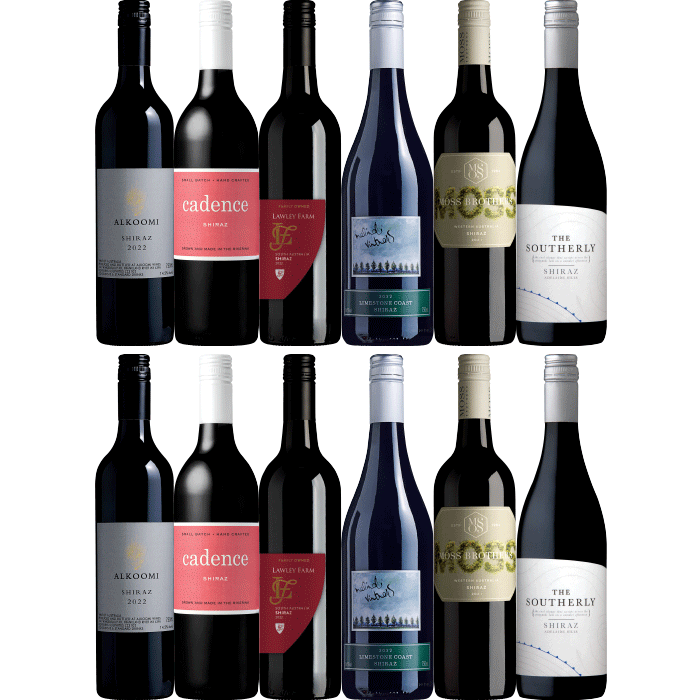 Value Plus Shiraz Dozen$192.00
Value Plus Shiraz Dozen$192.00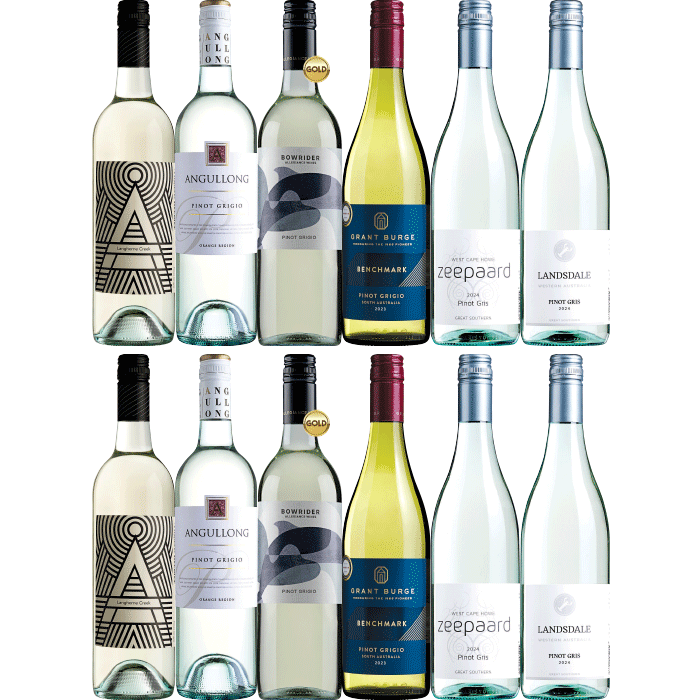 Value Plus Pinot G Dozen$180.00
Value Plus Pinot G Dozen$180.00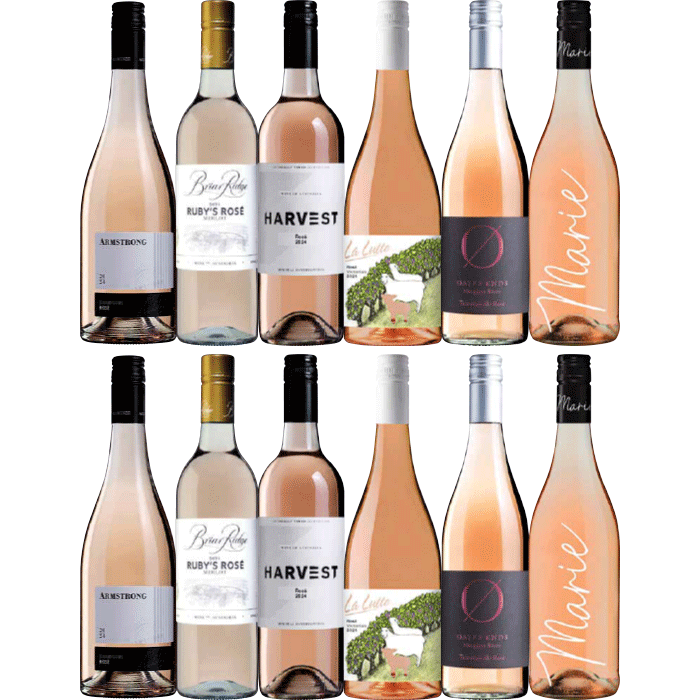 Radiant Rosé Dozen$222.00
Radiant Rosé Dozen$222.00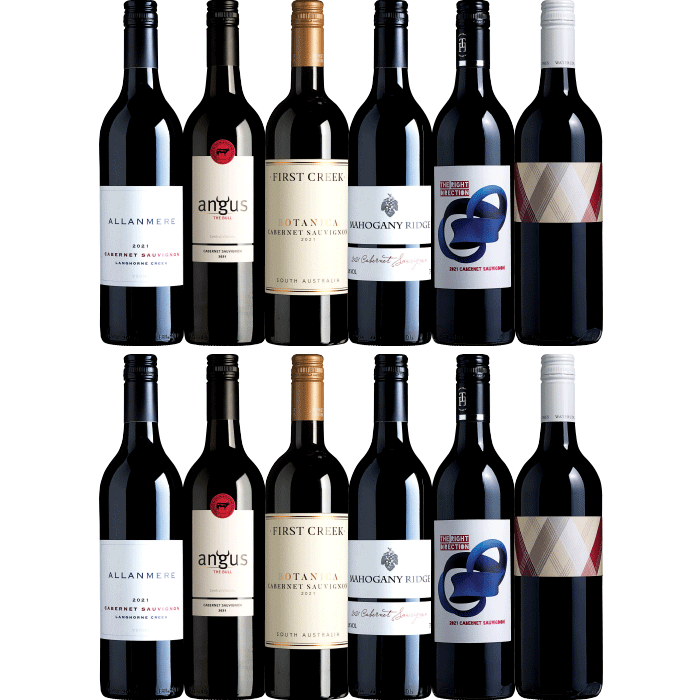 Value Plus Cabernet Dozen$192.00
Value Plus Cabernet Dozen$192.00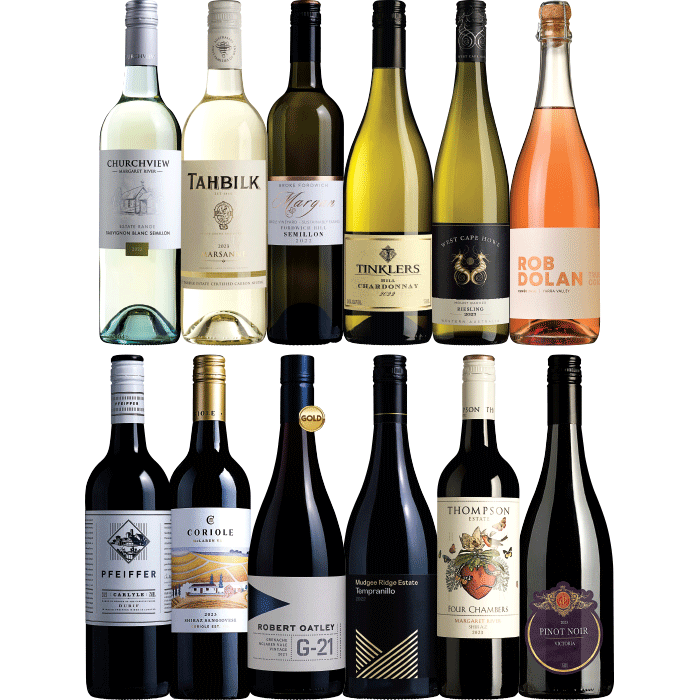 Classic Aussie Mixed Dozen$222.00
Classic Aussie Mixed Dozen$222.00 Taste of Australia Red Dozen$231.00
Taste of Australia Red Dozen$231.00